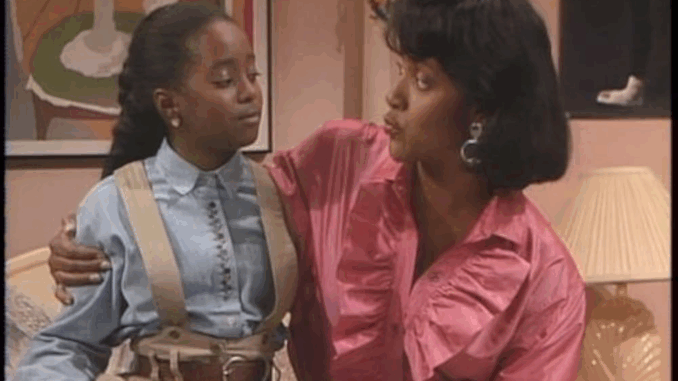
In the crowded landscape of American television history, few shows can claim to have truly changed the industry. The Cosby Show, which aired from 1984 to 1992, did exactly that. More than just a ratings hit, the series broke racial barriers, transformed network strategies, and laid the groundwork for generations of diverse storytelling in Hollywood.
Breaking Racial Barriers in Prime Time
Before The Cosby Show, African-American-led shows were scarce in prime-time television—and those that existed were often confined to narrow portrayals or niche audiences. The Cosby Show defied this mold with grace and confidence. The Huxtables weren’t sidekicks or caricatures—they were the main event.
By normalizing a successful Black family in a universal sitcom format, the show helped deconstruct long-held industry biases that Black stories couldn’t appeal to mainstream audiences. It showed that representation wasn’t just socially important—it was commercially viable.
A Blueprint for Black Excellence on Screen
Hollywood took notice of The Cosby Show’s success. The show’s winning formula—complex characters, clean humor, and relatable family themes—paved the way for a wave of African-American-led series in the late ’80s and ’90s. Shows like A Different World, Living Single, The Fresh Prince of Bel-Air, and Family Matters followed in its footsteps.
Behind the scenes, it also inspired the hiring of more Black writers, producers, and directors, proving that diverse voices could craft stories that resonated widely.
Transforming the Business of Television
NBC, struggling before The Cosby Show premiered, saw a dramatic ratings boost thanks to the series. The show anchored NBC’s now-famous “Must See TV” Thursday night lineup and helped redefine how networks viewed sitcom programming.
Its success proved that investing in quality, family-oriented storytelling could yield both critical acclaim and commercial success—an idea that reshaped how networks evaluated pilots and cast ensembles.
The Show’s Global Reach
The Cosby Show wasn’t just a domestic hit—it became a global phenomenon. Broadcast in over 100 countries, it gave international audiences a new and positive image of African-American life. For many viewers abroad, it was the first time they saw a Black family portrayed with such dignity, humor, and depth.
This international popularity underscored the universal appeal of well-crafted storytelling, regardless of cultural or racial background.
A Complicated, Yet Undeniable Legacy
While the off-screen actions of Bill Cosby have complicated the show’s reputation in recent years, its legacy within the entertainment industry remains substantial. The show opened doors, shifted narratives, and redefined what a successful sitcom could look like.
Today, many creators—from Kenya Barris (Black-ish) to Quinta Brunson (Abbott Elementary)—cite The Cosby Show as a formative influence. Its DNA can still be felt in the structure, tone, and ambitions of modern television.
Conclusion
The Cosby Show may be a product of its time, but its impact is timeless. It changed the way television looked, who it featured, and how stories were told. Despite the controversies surrounding its star, the show’s contribution to Hollywood’s evolution is undeniable—and its influence continues to shape the small screen today.